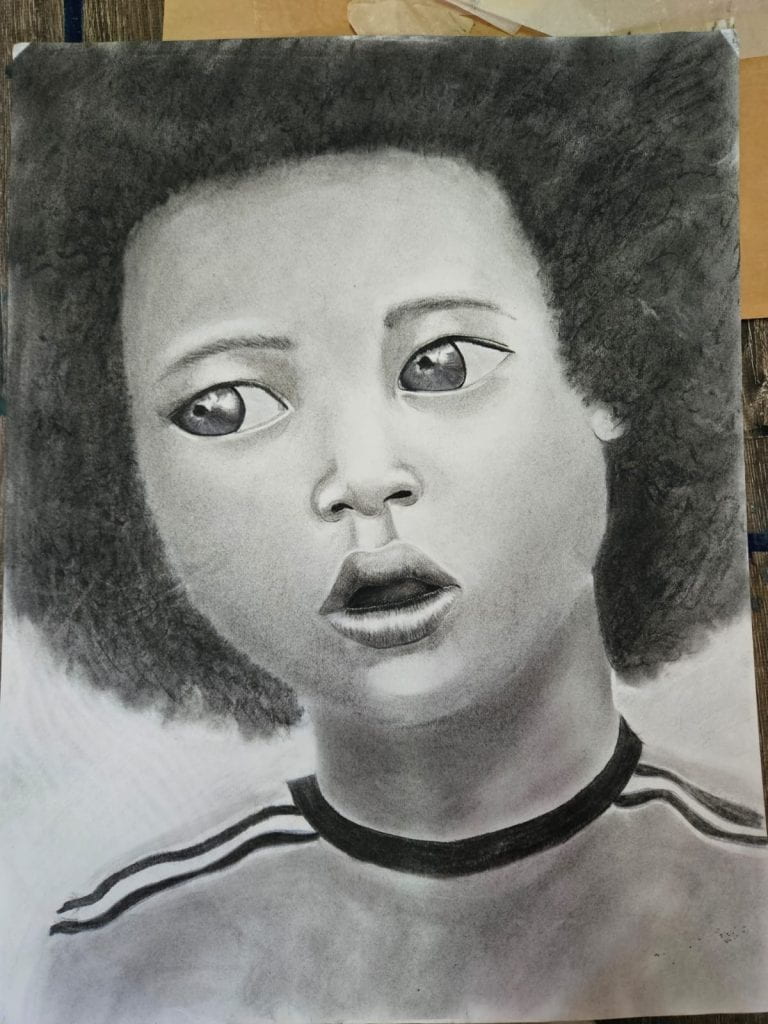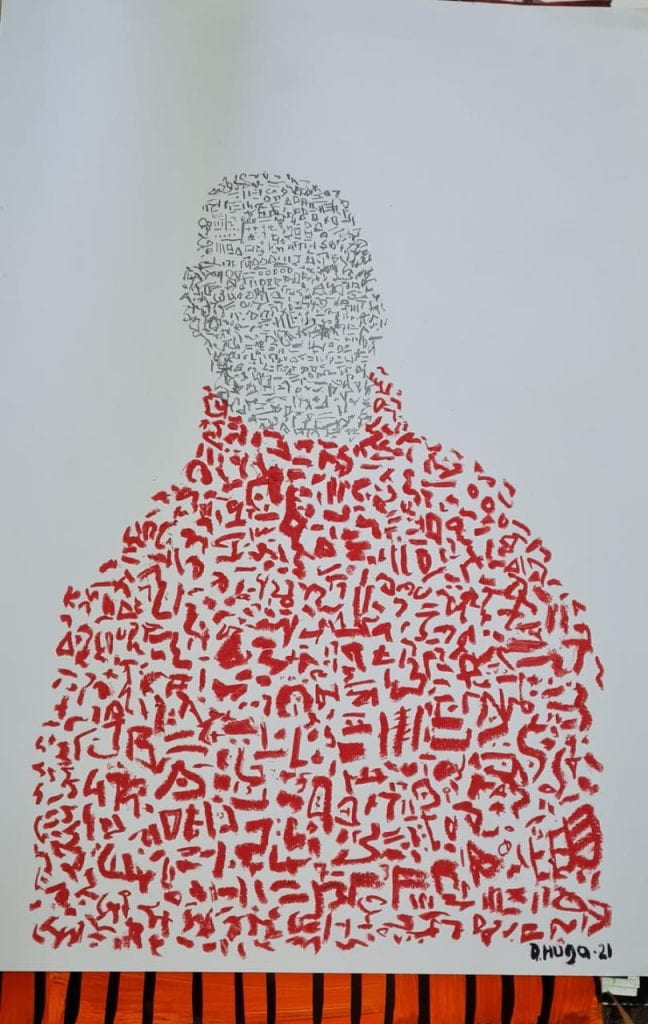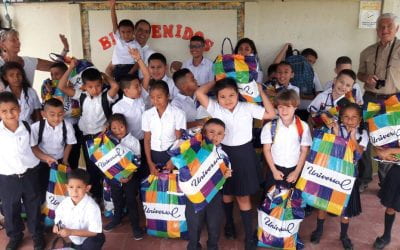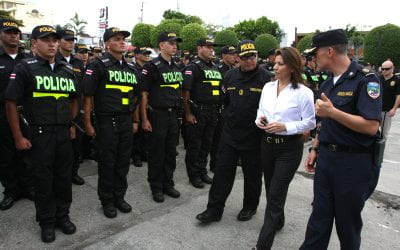Challenges and Achievements in the Afro Context
Is Costa Rica Different?
As an Afrodescendant from the Caribbean coast in Costa Rica, I’ve asked myself what is different about the Afro-Costa Rican experience?
We must perform Sankofa, a Twi word from the Akan Tribe of Ghana that means to remember the past to understand the present and to shape the future. In this context, it’s important to recall the historic ethnic history of our people.

Sankofa symbol
Costa Rica had “dark Indians” and “red Indians” at the beginning of colonial times, as the nephew of the Conquerer tells us in a literal fashion. Later, enslaved people were brought during Spanish rule; these Afro colonists constructed cities and towns of brown people, the docks and vital engineering works and infrastructure for the country.
In the 1500s, there was an important wave of Afro-Caribbean fishermen from neighboring andd nearby countries who settled in Costa Rica’s southern Caribbean in places like Monkey Point, Grape Point, Cahuita, Manzanille and Old Harbour. The next and most well-known wave cane two centuries later with people from the Port of Kingston, Jamaica, on board the ship Lizzie December 20, 1872, filled with people from several Caribbean islands with professions such as engineers and skilled and experienced workers with English Passports who came to work on the construction of the railroad to the “Atlantic” that would allow for the export of Costa Rican coffee to international markets, transforming it into gold Nuggets that would benefit the Costa Rican economy. Without pay and without the possibility of return, they settled along the sides of the proposed railroad because of government promises that have not been kept to date, and the territories they have occupied for centuries still are in legal limbo.

Images of Afro Costa Ricans, Galeria del Mar Stanford’s, courtesy of Markus Brown
If we look carefully, we can see distinct waves of languages, origins and genetics that encountered each other and blended together in the small territory of 19,730 square miles that is Costa Rica.
This country has produced a mixing, a mestizaje,—Afro-Indigenous, Afro-colonial and Afro-Caribbean insular cimarron, that for years were identified as a skilled workforce, an economic migrant settled in the country and a generator of riches, who came with English Passports and up until 1949 were considered foreigners in Costa Rica. Then, the first Afrodescendant congressional representative Alex Curling Delisser passed the “Law of Legal Security of Costa Ricans “which gives any person born in Costa Rica, although their parents are foreigners, the right to the Costa Rican nationality,” eliminating the situation of statelessness they had previously suffered.
From early on, the Afrodescendant population sought to be self-sufficient and recreated their culture in the social, political, economic, environmental and cultural areas, deeply imprinting the idiosyncrasies and institutions still existing today. In contrast, the historical home of the Afrodescendants has been relegated to a port where merchandise comes and goes and has generated wealth for many people from the other provinces of Costa Rica and less for the families of Afrodescendants who with great sacrifice for generations created these riches, which represents a historical debt to the Afro-Costa Rican people.
Images of Afro Costa Ricans, Galeria del Mar Stanford’s, courtesy of Markus Brown
Independently of the many challenges, one can sense that significant achievements have been made, worthy of these cimarron descendants. From the impact of the Afro community organizations in public policy regarding Afro health, national policies for the access to justice for the Afro population, professorships for African Studies in the national universities, a law to insure a percentage of contracts for Afro-Costa Ricans in state institutions, and even the ample participation of this ethnic group in posts and spaces of decisión-making on the local, regional and national levels. This inclues vice-ministeries , congresses, local governments and more, even in 2018 for the first time in history two vice-presidential candidates were Afro, and the winner became the first Afro-descendant vice-president in the region.
The difference in the Afro-Costa Rican experience seems to be in the untiring resolution to make their presence, culture and contributions, spurring an entire nation to action.

Courtesy of Markus Brown[
Laura Hall is a director of the African Descent Development Foundation and Vice-President of the Universal Negro Improvement Association Branch 300; she has been Vice-President of the Black Central American Oraganization and a Senior Fellow on Afrodescendant rights in the office of the United Nations High Commissioner for Human Rights in Geneva.
Related Articles
Homecoming and Public Education: The Cancel Culture (of class time) in Costa Rica
When I returned home on my sabbatical, I couldn’t stop thinking about Svetlana Boym’s extraordinary book, El futuro de la nostalgia.
Crisis of Citizen Insecurity in Costa Rica: A Challenge to the Model of Demilitarized Democracy
I began my political and public service career thirty years ago as Minister of Public Security, the first woman to ever hold that post in my country, Costa Rica.
Editor’s Letter: Is Costa Rica Different?
Is Costa Rica different?



